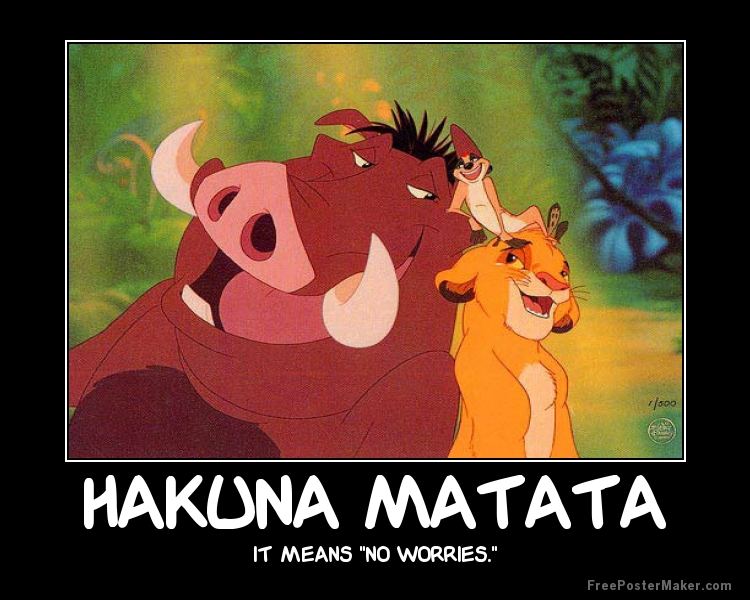
Kenyans are truly citizens of the world. And as testament to that, they have given the rest of mankind one of humanity’s greatest tools: words.
Some of these words have become a sort of brand that is recognised all over the world for the spirit of adventure they conjure up. Just as Kiswahili has borrowed English words, English has also picked some from our national language. Some Kiswahili words have also been popularised globally through books and movies.
One of the foremost Kenyan words to weave their way into the English language is Safari. Although it was originally a Kiswahili word, it is today officially recognised as an English word. According to Oxford dictionaries.com, Safari means “an expedition to observe or hunt animals in their natural habitat, especially in East Africa”. Its origin is described as late 19th century from Kiswahili or Arabic safara, meaning to ‘to travel’.
Today, the word is used around the world to mean an expedition into the wild.
One of Kenya’s most easily recognised phrases is Hakuna Matata (Noworries). Famed for depicting Kenya as a care-free wonderland and haven for tourists, the phrase was popularised through the 1994 American animated movie, The Lion King. The setting of the movie is Africa’s wild. To get a feel of the ideal environment in which to portray the story, researchers travelled to Hell’s Gate National Park in Naivasha. Also popularised by the movie is the name Simba, Kiswahili for Kenya’s famed lions. Simba is the main character in the animated film.
Jumbo, also the English word for elephant, is believed to be derived from Kiswahili. It has been adopted to mean both elephant and “huge” things. One will therefore hear of a “jumbo jet”. According toWikipedia, jumbo is both from Kiswahili’s jambo and Nzamba, a word from the Democratic Republic of Congo meaning elephant.
Boma (dwelling place) and bwana, which means leader of an expedition are also commonly used in the English language. They are listed as having originated from Kiswahili. Tse tse, the fly responsible for causing deadly cattle diseasetrypanosomiasis, is listed by Wikipedia as originating from Luhya’s tsiisi. The fly also transmits sleeping sickness in humans.







